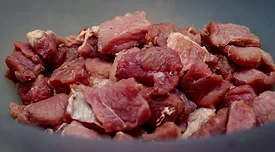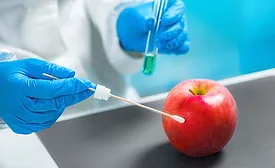Home » Keywords: » sampling program
Items Tagged with 'sampling program'
ARTICLES
You Can’t Change the Future by Always Looking at the Past
Ongoing food safety issues with leafy greens
January 15, 2021
Never miss the latest news and trends driving the food safety industry
Newsletters | Website | eMagazine
JOIN TODAY!Copyright ©2026. All Rights Reserved BNP Media.
Design, CMS, Hosting & Web Development :: ePublishing







.webp?height=168&t=1661887788&width=275)




